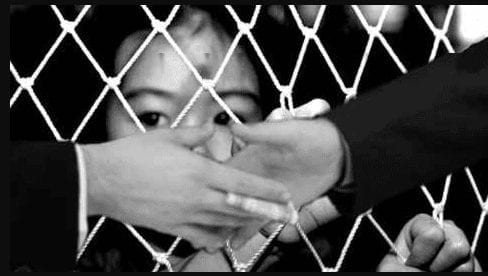
The trafficking of children in the Asia-Pacific
According to UNICEF, the child’s individual circumstances, such as experiences of violence or abuse, lack of educational attainment, life skills, lack of citizenship and/ or personal documentation and a desire for adventure can all act to increase vulnerability through loss of self-worth, feelings of hopelessness, few work opportunities due to dropping out or being unable to attend school for various reasons, inability to make sound decisions related to self-protection, barriers to employment or education and the perception that other countries and larger cities offer an improved life (UNICEF 2009).\n Such experiences during the formative years can have ‘long-lasting and potentially irreparable’ effects on a child (UNICEF 2009: 19). […] improving legislative and policy frameworks, institutionalizing training for law enforcement and social welfare staff, establishing specialist units, addressing underlying vulnerabilities (including harmful cultural practices), ensuring accreditation and regulation of key sectors and promoting knowledge regarding safe migration pathways will all assist in increasing resilience among children, provide greater protection from a range of abuses and ultimately, strengthen responses to trafficking.
